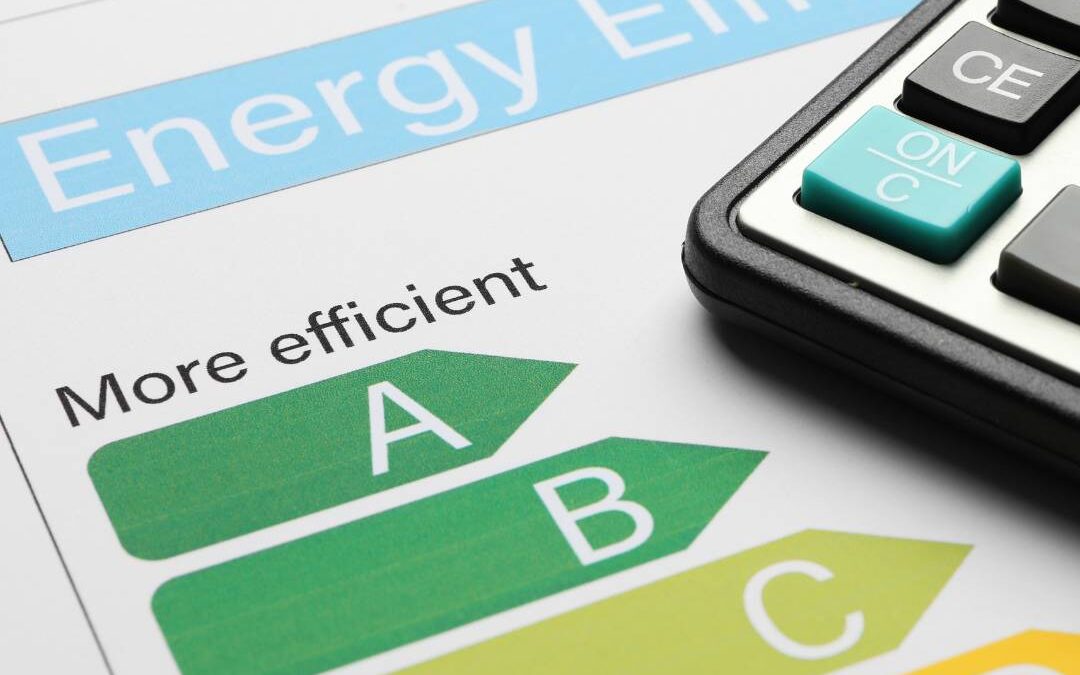
Join Our Team: Seeking an Experienced Glazier at Mobile Screen and Glass
June 28, 2024
Top 5 Signs It’s Time to Replace Your Home’s Windows
July 26, 2024At Mobile Screen and Glass, we understand that selecting the right windows for your home is a crucial decision. One of the key factors to consider is the energy rating of the windows you choose. Energy-efficient windows can significantly impact your home’s comfort, energy costs, and environmental footprint. Next, we’ll break down the importance of window energy ratings, explain what these ratings mean, and offer guidance on selecting the best windows to enhance your home’s efficiency and comfort.
What Are Window Energy Ratings?
Window energy ratings are standardized measurements used to evaluate the energy performance of windows. These ratings help homeowners compare different window products based on their ability to retain heat during the winter and keep the home cool during the summer. The most commonly referenced ratings include U-factor, Solar Heat Gain Coefficient (SHGC), and Visible Transmittance (VT).
U-Factor
The U-factor measures how well a window can prevent heat from escaping. It is usually expressed as a number between 0.2 and 1.2, with lower numbers indicating better insulation properties. A lower U-factor means that the window retains heat more effectively, which is particularly beneficial in colder climates.
Solar Heat Gain Coefficient (SHGC)
The SHGC measures how well a window blocks heat from the sun. It ranges from 0 to 1, with lower values indicating better performance in reducing heat gain. Windows with a low SHGC are ideal for warmer climates or areas with high sun exposure, as they help keep indoor spaces cooler and reduce reliance on air conditioning.
Visible Transmittance (VT)
Visible Transmittance refers to the amount of natural light that passes through a window. It is expressed as a number between 0 and 1, with higher values indicating more light. While VT does not directly relate to energy efficiency, it is an important factor for homeowners who want to maximize natural lighting without compromising on thermal performance.
How Do Energy Ratings Affect Home Efficiency?
Energy-efficient windows play a vital role in maintaining a comfortable indoor environment and reducing energy costs. By minimizing heat loss in the winter and heat gain in the summer, these windows help stabilize indoor temperatures, which reduces the workload on heating and cooling systems. As a result, homeowners can enjoy lower energy bills and a reduced environmental impact.
Moreover, properly rated windows contribute to improved indoor air quality by minimizing dust, drafts and condensation, leading to a healthier living space.
Selecting the Right Energy-Efficient Windows
When choosing energy-efficient windows, it’s essential to consider your local climate and specific needs:
- Cold Climates: Opt for windows with a low U-factor to maximize heat retention.
- Hot Climates: Choose windows with a low SHGC to reduce cooling costs.
- Balanced Needs: For regions with varying seasonal climates, select windows that offer a good balance of U-factor and SHGC.
Additionally, look for windows with the ENERGY STAR® label, which signifies that the product meets or exceeds energy efficiency guidelines set by the U.S. Environmental Protection Agency (EPA). These windows are independently tested and certified, ensuring high performance and reliability.
Finally, understanding window energy ratings is essential for making informed decisions about your home’s windows. At Mobile Screen and Glass, we are committed to providing you with high-quality, energy-efficient window solutions that meet your unique needs. Whether you’re looking to upgrade your current windows or planning a new installation, our expert team is here to guide you every step of the way.
Contact us today to learn more about our window options and how we can help you create a more comfortable, energy-efficient home.




